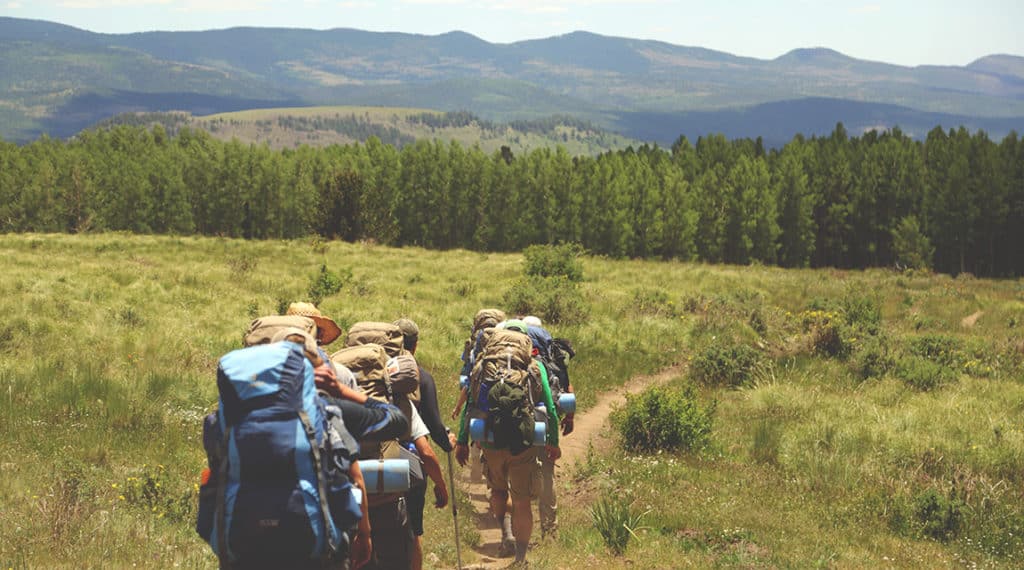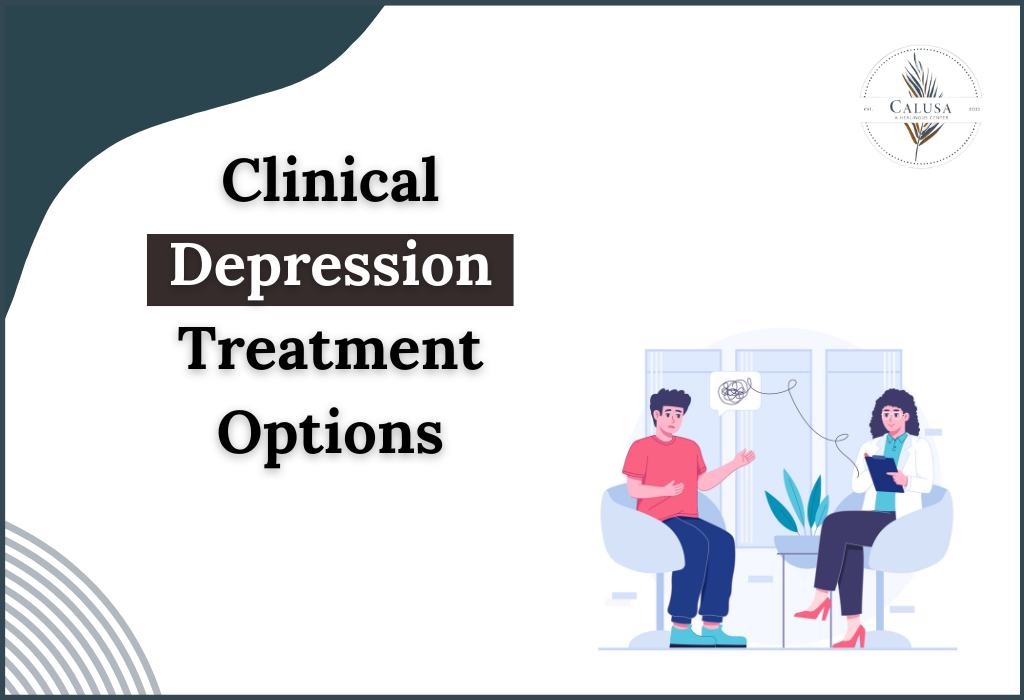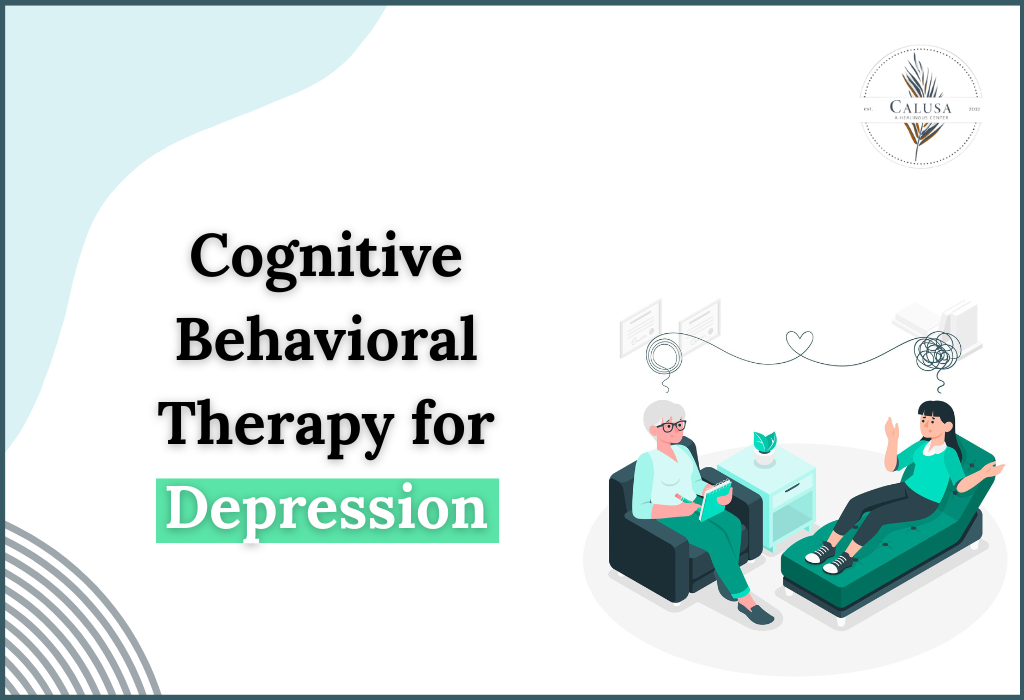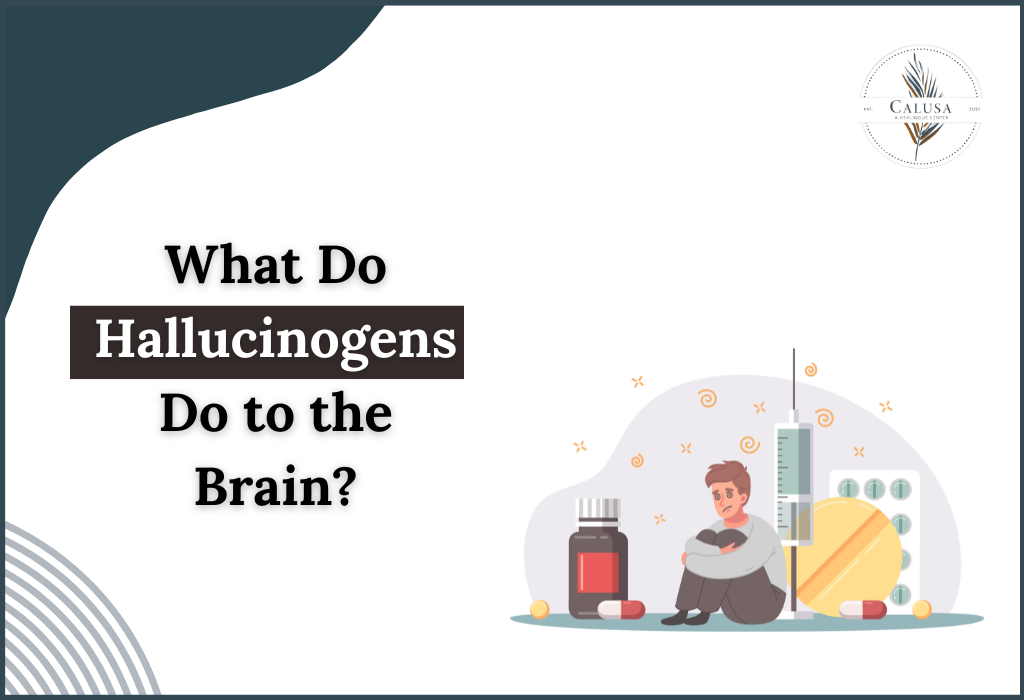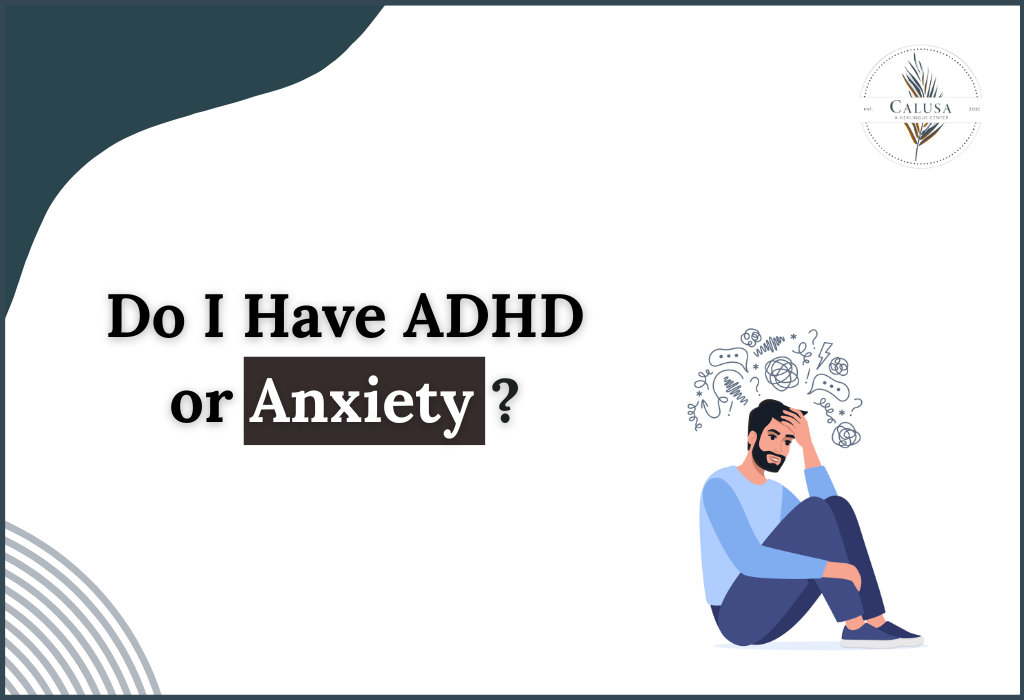Feeling stuck in a rut? Anxious? Is your potential hiding behind a wall of fear? You’re not alone. In today’s world, it’s easy to feel tethered to screens and overwhelmed by daily pressures. But what if there was a path to break free, a way to tap into your hidden strength and rediscover your joy? What if the journey began not in a therapist’s office, but in the wild embrace of nature?
Traditional therapy, while important, doesn’t always offer the fresh air and open space we need to truly thrive. This is where adventure-based therapy emerges as a powerful tool, leading us on a journey of personal growth and emotional balance.
Adventure-based therapy isn’t just about adrenaline thrills; it’s a carefully crafted process where nature becomes a catalyst for personal discovery.
This blog will be your compass, navigating you through the principles and benefits of adventure therapy within the unique context of adventure therapy groups. We’ll untangle the philosophy behind this approach, explaining how it fosters resilience and self-awareness. We’ll explore the diverse benefits, from conquering fears to building strong connections in supportive adventure therapy groups.
Are you ready to get on this exciting journey? Let’s begin.
Understanding Adventure-Based Therapy
Adventure-based therapy, also known as adventure therapy, stands out as a transformative approach that brings the healing power of the outdoors into the therapeutic journey. This method acknowledges the significant positive influence that participating in adventurous activities can have on an individual’s mental and emotional well-being. Let’s break down the key aspects in bullet points:
Outdoor Integration:
- Adventure-based therapy moves away from traditional therapy settings by integrating outdoor activities into the healing process.
- The therapeutic experience extends beyond the confines of indoor sessions, immersing individuals in nature’s healing environment.
Diverse Activities:
- Adventure therapy encompasses a broad spectrum of outdoor activities, catering to diverse interests and preferences.
- Activities include rock climbing, hiking, and team-building exercises, creating a dynamic and engaging therapeutic landscape.
Tailored for Participants:
- The versatility of adventure therapy lies in its ability to tailor outdoor experiences to meet the unique needs of each participant.
- This customization ensures that individuals engage in activities that resonate with them personally, enhancing the therapeutic impact.
Profound Impact:
- Adventure therapy recognizes and harnesses the profound impact that engaging in adventurous experiences can have on mental and emotional well-being.
- The outdoor challenges become a catalyst for personal growth, self-discovery, and resilience.
Holistic Approach:
- Adventure-based therapy takes a holistic approach to healing by incorporating physical activities and outdoor challenges.
- The therapeutic journey goes beyond traditional talk therapy, providing a comprehensive and experiential approach to well-being.
Accessible Well-being:
- By embracing outdoor activities, adventure therapy makes well-being more accessible and engaging for individuals.
- Participants can explore new aspects of themselves while enjoying the benefits of nature and physical activity.
Finding Strength Together: The Untapped Power of Adventure Therapy Groups
Tired of the traditional therapy setting? Ready to exchange talk sessions for awe-inspiring landscapes and shared triumphs? Adventure based therapy groups provide a revolutionary pathway to well-being, tapping into the potency of nature and teamwork to reshape your mental health narrative.
Ditch the solitary journey of self-discovery. In adventure therapy groups, you become part of a supportive network, navigating challenges alongside fellow adventurers. Picture yourself kayaking down rushing rapids, sharing vulnerabilities around a campfire, and reveling in triumphs as a united team. These experiences serve as metaphors for life, fostering unbreakable bonds grounded in trust, shared adventures, and steadfast support.
This isn’t merely about seeking adrenaline highs. Here’s what sets adventure therapy groups apart in their transformative capacity:
Heightened Self-awareness:
Pushing physical and mental boundaries leads to a profound understanding of your strengths, weaknesses, and emotional triggers.
Confronting Fear and Anxiety:
Facing fears in a supportive environment equips you with valuable coping mechanisms for everyday anxieties.
Elevated Self-esteem:
Achieving personal goals and celebrating shared victories significantly boosts your confidence and self-worth.
Forming Strong Social Connections:
Shared outdoor experiences create deep bonds within the group, fostering a sense of belonging and combating isolation.
Nature Connection:
Immersed in the outdoors, you find peace, reduce stress, and develop a newfound appreciation for the natural world.
If you’re longing for a transformative journey that reshapes your perspective and equips you for life’s challenges, then an adventure therapy group might be the key. It’s a chance to trade familiar routines for exhilarating experiences, embrace vulnerability in a supportive space, and emerge as a more robust, confident version of yourself, hand in hand with your fellow adventurers.
So, take a deep breath and heed the call of the open sky. The mountains, rivers, and the strength of a supportive group eagerly await your presence.
Statistical Facts about Adventure Therapy
While the transformative power of adventure therapy might be felt in the depths of personal experience, its effectiveness is also backed by a growing body of research and impactful statistics. Let’s delve into the numbers that reveal the positive ripples adventure therapy creates:
Anxiety Reduction:
Studies show that participants in adventure therapy programs experience significant reductions in anxiety symptoms, ranging from 20% to 40%. (Source: American Journal of Recreation Therapy, 2015)
80% of participants in one study reported feeling “less anxious” or “significantly less anxious” after completing an adventure therapy program. (Source: Wilderness Therapy Journal, 2012)
Confidence Boost:
Adventure therapy has been shown to lead to a 25% increase in self-esteem and self-efficacy in individuals struggling with depression. (Source: Journal of Adventure Education and Outdoor Learning, 2010)
75% of participants in a study reported feeling “more confident” or “significantly more confident” after completing an adventure therapy program. (Source: Journal of Experiential Psychotherapy, 2017)
Building Strong Connections:
Adventure therapy programs foster strong social bonds, with 90% of participants reporting feeling a sense of belonging and connection with their group. (Source: Association for Experiential Education, 2018)
Studies show that participation in adventure therapy groups leads to a significant increase in social support networks, combating feelings of isolation and loneliness. (Source: Journal of Wilderness Therapy, 2014)
Beyond Mental Health:
Adventure therapy has also been shown to have positive impacts on physical health, including improved sleep quality, reduced stress levels, and increased physical activity levels. (Source: International Journal of Environmental Research and Public Health, 2020)
Research suggests that adventure therapy can be a valuable tool for individuals struggling with addiction, improving motivation and relapse prevention rates. (Source: Journal of Substance Abuse Treatment, 2016)
Remember, these are just a few examples. The research on adventure therapy is constantly evolving, revealing its potential to address a wide range of mental and emotional challenges.
By sharing these impactful statistics, you can help raise awareness about the effectiveness of adventure therapy and encourage individuals seeking positive change to consider this unique and transformative approach.
Case Study: Breaking Through Barriers – Adventure-Based Therapy in Action
Background:
Sarah, a 32-year-old marketing professional, had been struggling with persistent anxiety and self-doubt. The demands of her high-pressure job and the fast-paced city life had taken a toll on her mental well-being. Traditional therapy sessions were not yielding the breakthrough she desired, prompting her therapist to introduce her to adventure-based therapy.
Challenge:
Sarah’s anxiety manifested in a fear of taking risks and trying new things. She often doubted her abilities, both professionally and personally. The challenge was to help her break through these mental barriers and build resilience.
Adventure Therapy Intervention:
Sarah enrolled in an adventure therapy group that included activities such as rock climbing, wilderness hikes, and team-building exercises. The goal was to expose her to controlled challenges, encouraging her to confront fears, embrace uncertainty, and develop a stronger sense of self.
Key Activities:
Rock Climbing:
- Sarah faced her fear of heights by participating in rock climbing sessions.
- With the support of the adventure therapy group, she climbed progressively higher, building confidence with each ascent.
Wilderness Hike:
- A weekend wilderness hike provided a natural setting for self-reflection.
- Sarah, guided by the therapy group, explored her thoughts and emotions, gaining insights into the root causes of her anxiety.
Team-Building Exercises:
- Collaborative activities, such as problem-solving challenges, emphasized teamwork and communication.
- Sarah learned to trust her team members, fostering a sense of support that translated into her daily life.
Outcomes:
The adventure-based therapy experience had a profound impact on Sarah’s personal growth and mental well-being:
Increased Self-Confidence:
- Sarah conquered her fear of taking risks, leading to a significant boost in self-confidence.
- She began taking on more challenges at work and actively seeking new opportunities.
Improved Coping Mechanisms:
- The adventure therapy experience equipped Sarah with effective coping mechanisms for dealing with anxiety.
- She learned to manage stress through outdoor activities and mindfulness practices.
Enhanced Resilience:
- Confronting mental barriers during adventure therapy built resilience in Sarah.
- She developed a more optimistic outlook on challenges, viewing them as opportunities for growth.
Stronger Social Connections:
- The camaraderie within the adventure therapy group translated into stronger social connections for Sarah.
- She started opening up to friends and family about her struggles, creating a supportive network.
Conclusion:
Adventure-based therapy proved to be a transformative intervention for Sarah, providing her with the tools to overcome mental barriers and fostering personal growth. The controlled exposure to challenging activities, coupled with the supportive nature of the therapy group, created a holistic and empowering experience. Sarah emerged from the adventure therapy journey with a newfound sense of self and the resilience to navigate life’s challenges.
The Bottom Line
As we conclude our exploration of adventure-based therapy, the narrative of personal growth and triumph over mental barriers unfolds as a compelling testament to the efficacy of this unconventional therapeutic approach. Beyond the confines of traditional therapy, adventure-based therapy stands as a beacon of hope, encouraging individuals to redefine their limits and navigate the landscapes of self-discovery.
The essence of adventure therapy lies not just in the outdoor escapades but in the profound transformations that unfold within. It’s a narrative of empowerment, where individuals confront fears, build resilience, and forge connections that extend beyond the adventure setting.
Our journey through the principles and benefits of adventure therapy reveals a holistic approach to well-being. The integration of outdoor activities, the camaraderie within therapy groups, and the conquering of challenges become integral chapters in the story of personal growth.
As we contemplate the potential impact of adventure therapy on our own lives, let’s open the dialogue:
What are your thoughts on incorporating adventure-based therapy into your journey of growth? Share your reflections and join the conversation. The expedition to personal empowerment awaits your perspective.

